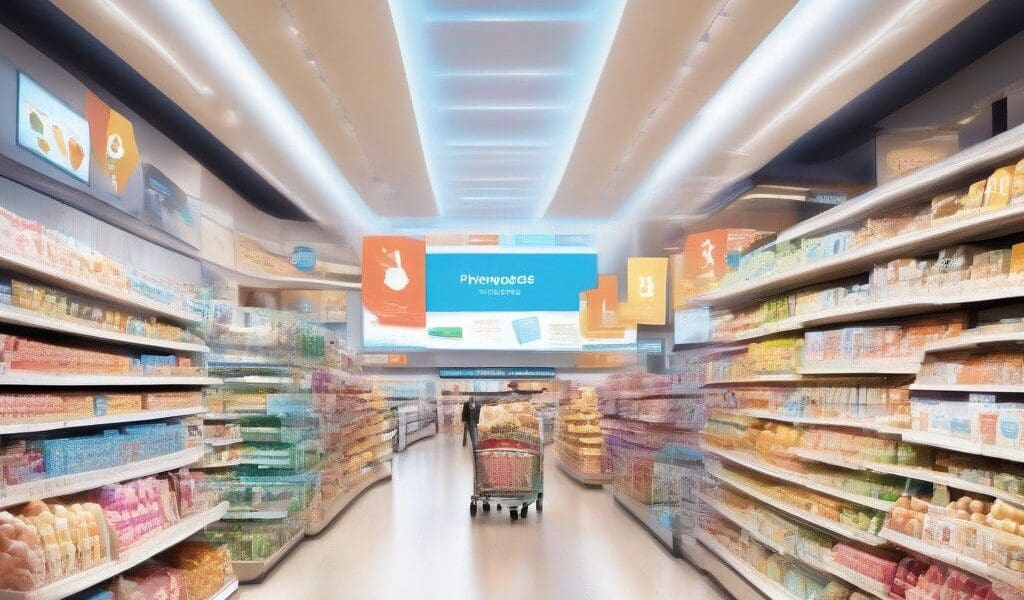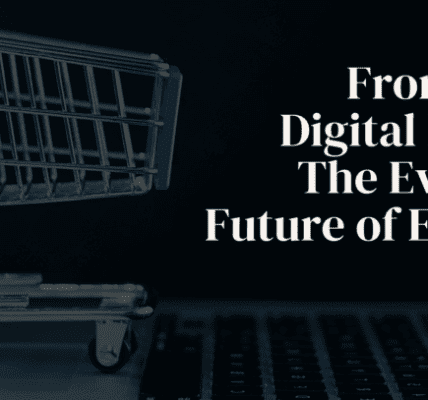Retailers are at the heart of a significant transformation within the marketing landscape as brands strive to adapt to evolving purchasing patterns. According to a recent survey by 84.51°, over half of consumers—52%—indicated a trend toward opting for lower-cost brands more frequently. This changing consumer behavior positions retailers as critical partners to assist brands in understanding market dynamics, evaluating media expenditures, and influencing buying decisions.
The recent Cannes Lions International Festival of Creativity spotlighted this trend. Major retailers, including Kroger Precision Marketing, played a prominent role alongside significant digital media and advertising firms. The increased presence of retailers at this premier global marketing event raises a pertinent question: Why are brands looking to retailers for guidance in the digital realm? The answer lies in the staggering statistic provided by the Association of National Advertisers, which highlighted that a staggering $23 billion is wasted annually on ineffective programmatic advertising. Retailers bring a wealth of experience, robust tools, and determination to enhance digital advertising efficiency.
A series of panel discussions, featuring 23 brand and media leaders, yielded five critical themes illustrating how retail media shapes marketing strategies:
1. Audience-First Planning
Retail media enables a more profound understanding of audience segments, focusing on shopping behaviors that reveal life stages and aspirations, beyond conventional demographic characteristics. Kroger’s comparative analysis of retail datasets against standard third-party advertising audiences demonstrated that retail audiences achieve comparable sales impact with 51% fewer impressions, coupled with a 40% increase in lifetime value. This stark media efficiency is driving brands to recalibrate their advertising strategies towards retail-focused tactics.
2. Streaming Television Capabilities
With predictions suggesting that connected TV (CTV) advertising will constitute 40% of TV advertising by 2026, retailers have become pivotal in this shift. Through utilizing precision audience segments and providing quality TV experiences, retailers enable innovative growth avenues. A study examining 100 CTV campaigns utilizing retail audiences showed promising uplift: approximately 6% in media sales and over 8% in median household lift. These insights suggest that retailers are becoming trusted conduits into CTV platforms, enhancing both brand relevance and narrative coherence.
3. Breaking Down Marketing Silos
Historically, brand marketing and shopper marketing have operated within separate spheres. Yet, the lines are increasingly blurred, making retail insights a vital asset for both brand-building and sales activation strategies. Kroger’s regression analysis revealed a notable correlation: every dollar spent on on-site retail advertising resulted in an impressive $14 increase in total store sales. Such substantial figures are prompting brands and agencies to adopt more integrated approaches that leverage retail insights throughout their marketing spectrum.
4. Enabling New Growth Strategies
Contrary to the assumption that retail media primarily targets existing buyers, it can effectively pinpoint households with high growth potential. In examining thousands of on-site campaigns, Kroger found that more than three-quarters (75%) of display impressions and clicks originated from new-to-brand shoppers. By leveraging retail insights to broaden their reach, brands can identify and engage potential customers in meaningful ways, thereby optimizing media investments for growth.
5. Enhancing the Media Ecosystem
Beyond revenue enhancements, retail media offers an opportunity to contribute positively to sustainability. Inaccurate target audience definitions waste budgets and lead to unnecessary carbon emissions. However, precision audience targeting based on purchasing behavior reduces the necessity for excessive ad impressions. A benchmark study revealed that utilizing retail audiences in programmatic advertising achieved a notable 37% reduction in carbon costs compared to national benchmarks. This ability to shape a more efficient and sustainable digital ecosystem is crucial for brands aiming to meet increasing consumer demands for responsibility.
In this rapidly changing marketing era, the conclusion is clear: retail insights pave the way for improved consumer experiences. As retailers solidify their roles in the media landscape, their purchasing signals empower brands and agencies to plan more effectively, dismantle conventional barriers, and foster meaningful connections with consumers. This ongoing transformation promises that retail media will remain a significant force driving innovation while steering the industry toward a more accountable and impactful digital ecosystem.










